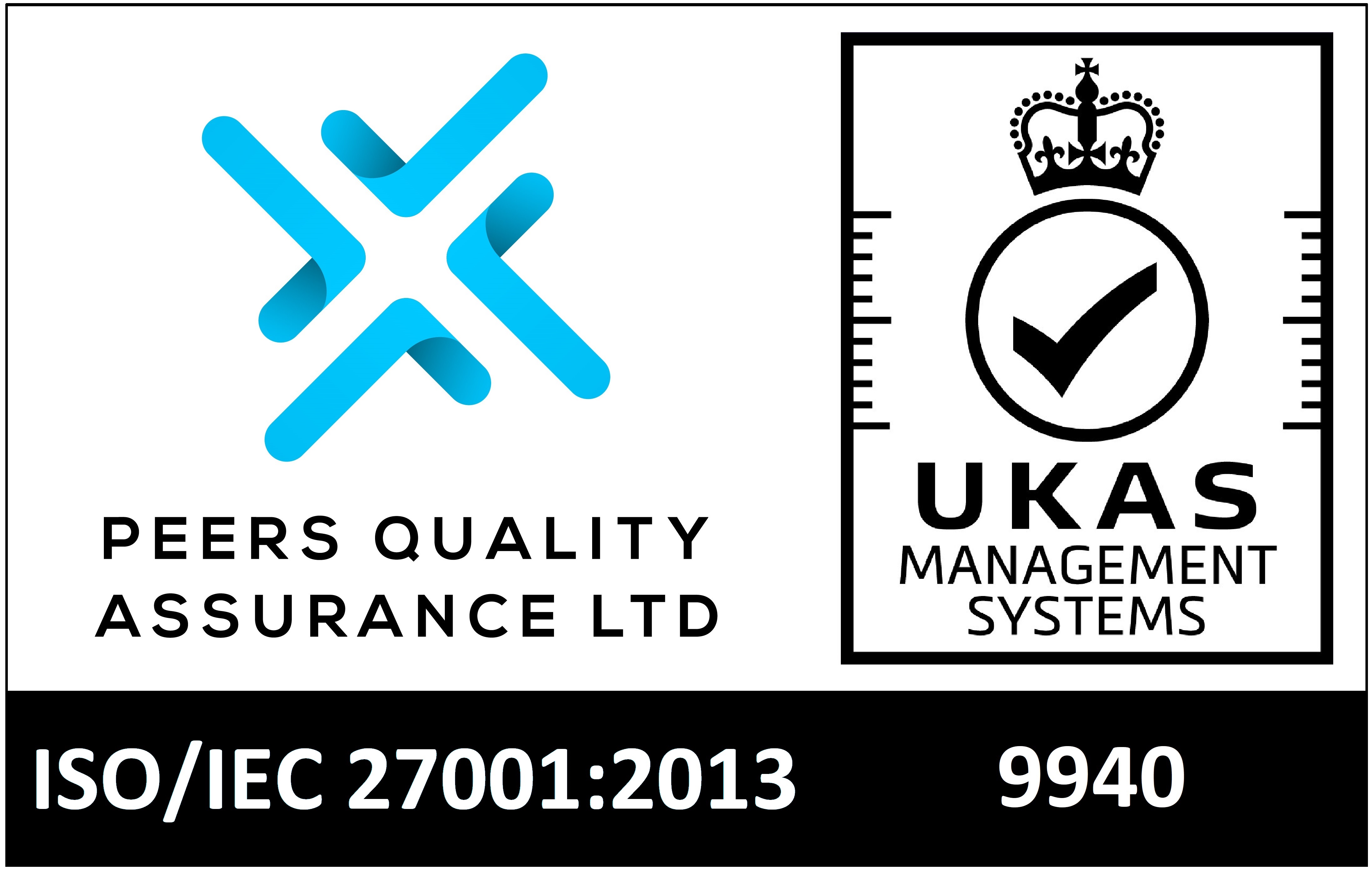Who is at risk of Prostate Cancer?
More than 47,000 men are diagnosed with prostate cancer in the UK every year– that is around 130 every day. Prostate cancer is the second most common cause of cancer deaths in men in the UK.
Prostate cancer is more common in men aged 50+ and more likely in men aged 70+. Recently there has been a six-fold increase in men aged 40-59 being diagnosed with the condition.
At present, there is no national NHS screening programme for prostate cancer.
Although the causes of prostate cancer are still unknown, a number of prostate cancer risk factors have been identified which may increase your chance of developing the disease.
What should you look out for, what are the symptoms?
The symptoms of an enlarged prostate are very similar to prostate cancer symptoms which is why it is necessary to be aware and vigilant.
Common prostate cancer symptoms include:
- Needing to rush to the toilet to pass urine
- Passing urine more often than usual, especially at night
- Difficulty in passing urine
- Feeling that your bladder has not emptied fully
- Blood in urine or blood in semen
If prostate cancer spreads to other parts of the body, it can cause other symptoms including bone and back pain, loss of appetite, unexplained weight loss, problems getting or keeping an erection and testicular pain.
How to reduce your risk
At present, there are no lifestyle factors associated with increased prostate cancer risk, but you may want to consider regular prostate cancer screening with a PSA blood test from age 40+.
Although there are no lifestyle factors associated with an increased prostate cancer risk, leading a healthy lifestyle can protect you from other cancers.
Why should I get tested?
Prostate cancer is the most common cancer in men, however, it is often symptomless in its early stages. Prostate cancer survival is improving and has tripled in the last 40 years in the UK, probably because of PSA testing.1 When diagnosed at its earliest stage, all (100%) people with prostate cancer will survive their disease for five years or more, compared with around 1 in 2 (49%) people when the disease is diagnosed at the latest stage.
The causes of benign prostate enlargement (BPH) are not fully understood but it is known that the main risk factor is age and nearly a third of men over 50 are thought to have symptoms. Over 50 percent of men in their 60s and nearly all men in their 70s are thought to suffer some symptoms of enlarged prostate. For most men, the prostate will start to enlarge in their 40s or 50s.
There is no national NHS screening programme for prostate cancer in the UK. The UK National Screening Committee decided the disadvantages of regularly screening every man over 50 for prostate cancer using the PSA (Prostate Specific Antigen) blood test outweighs the possible advantages. This is due to the risk of over-diagnosis and possible over-treatment of ‘harmless’ prostate cancers that wouldn’t cause a man any problems in his lifetime.
Cancer screening allows you to check for the disease when there are no symptoms and may detect the cancer at an early stage, improving the chances of curing the disease. This is especially important for diseases like prostate cancer which may not display any symptoms in the early stages.
You might want to get tested if you are at a higher risk of getting prostate cancer. This includes anyone over the age of 50, men of Black African or African-Caribbean descent, and men with a close family history of prostate cancer (father, brother, son).
If you are not in a high-risk group but you are worried about prostate cancer, you might still want to get tested for your peace of mind.
How can I get tested? What are the tests available and how does it work?
The PSA test requires careful interpretation as a raised PSA level does not always mean that you have prostate cancer.
PSACheck is a simple at-home finger-prick PSA blood test and includes a personalised prostate cancer screening programme. Our team of specialists will analyse your PSA test results and risk factors to determine what the next stage is for you. Extended tests could include a physical examination, MRI scan or biopsy.
Find out more
- World Cancer Day - The importance of screening & reducing your risk
- Prostate Cancer - Dan Wood speaks of his journey from the initial screening to being treated by a urologist
- Professor Richard Hindley answers some of the most pressing questions around prostate cancer in our 'Ask the Expert' blog
- Male Cancer Awareness - find out about the three cancers for which men are most at risk and how you can reduce your risk
- Prostate Cancer - Who is at risk?
- Prostate Cancer - What are the symptoms?
- Prostate Cancer - Why should you get tested?
- Prostate Cancer - How can you get tested?
Why do you have to be a certain age to access screening?
Cancer screening is available at ages when the benefits are greatest, and the harms are smallest. These ages are determined by research and clinical guidance to ensure the benefits of screening outweigh the risks to individuals.
People who are at a younger age than the screening age limits are generally at a lower risk of cancer so for this group, the harms of screening would outweigh the benefits.
If you are experiencing any symptoms, screening is not suitable for you so please contact your GP as soon as possible to discuss your symptoms.
What if I am at higher risk and below the age limit for screening?
If you have been found to be at a higher risk for a particular cancer type, it is still important for you to be aware of this information. This could be as a result of your family history and/or your lifestyle factors. If you have a strong family history of a particular cancer you should speak with your GP to see if you are eligible for earlier NHS screening.
If your lifestyle factors are increasing your risk, you can visit the Education Hub to access information and guidance around possible ways to reduce your risk.





